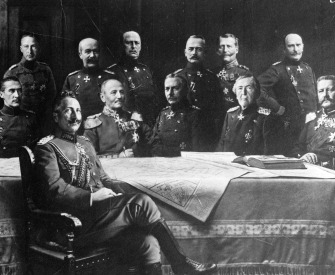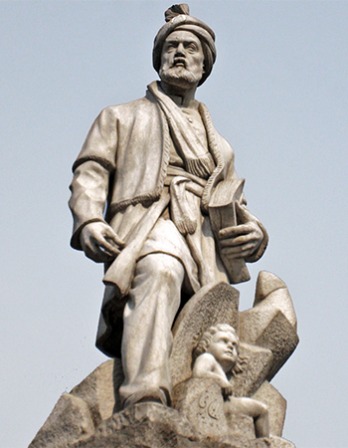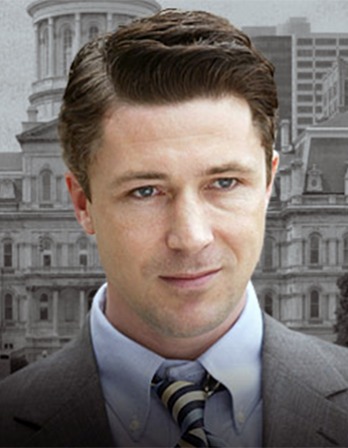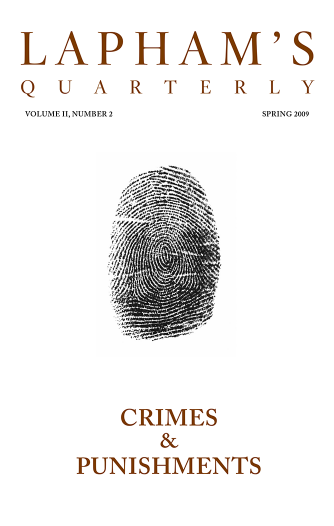My lords and gentlemen:
The present situation of America and my constant desire to have your advice, concurrence, and assistance on every important occasion, have determined me to call you thus early together.
Those who have long too successfully labored to inflame my people in America, by gross misrepresentations, and to infuse into their minds a system of opinions repugnant to the true constitution of the colonies and to their subordinate relation to Great Britain now openly avow their revolt, hostility, and rebellion. They have raised troops and are collecting a naval force; they have seized the public revenue and assumed to themselves legislative, executive, and judicial powers, which they already exercise in the most arbitrary manner over the persons and property of their fellow subjects. And although many of these unhappy people may still retain their loyalty and may be too wise not to see the fatal consequence of this usurpation and wish to resist it, yet the torrent of violence has been strong enough to compel their acquiescence till a sufficient force shall appear to support them.
The authors and promoters of this desperate conspiracy have in the conduct of it derived great advantage from the difference of our intention and theirs. They meant only to amuse, by vague expressions of attachment to the parent state and the strongest protestations of loyalty to me, while they were preparing for a general revolt. On our part, though it was declared in your last session that a rebellion existed within the province of the Massachusetts Bay, yet even that province we wished rather to reclaim than to subdue. The resolutions of Parliament breathed a spirit of moderation and forbearance; conciliatory propositions accompanied the measures taken to enforce authority, and the coercive acts were adapted to cases of criminal combinations among subjects not then in arms. I have acted with the same temper, anxious to prevent, if it had been possible, the effusion of the blood of my subjects and the calamities which are inseparable from a state of war; still hoping that my people in America would have discerned the traitorous views of their leaders and have been convinced that to be a subject of Great Britain, with all its consequences, is to be the freest member of any civil society in the known world.
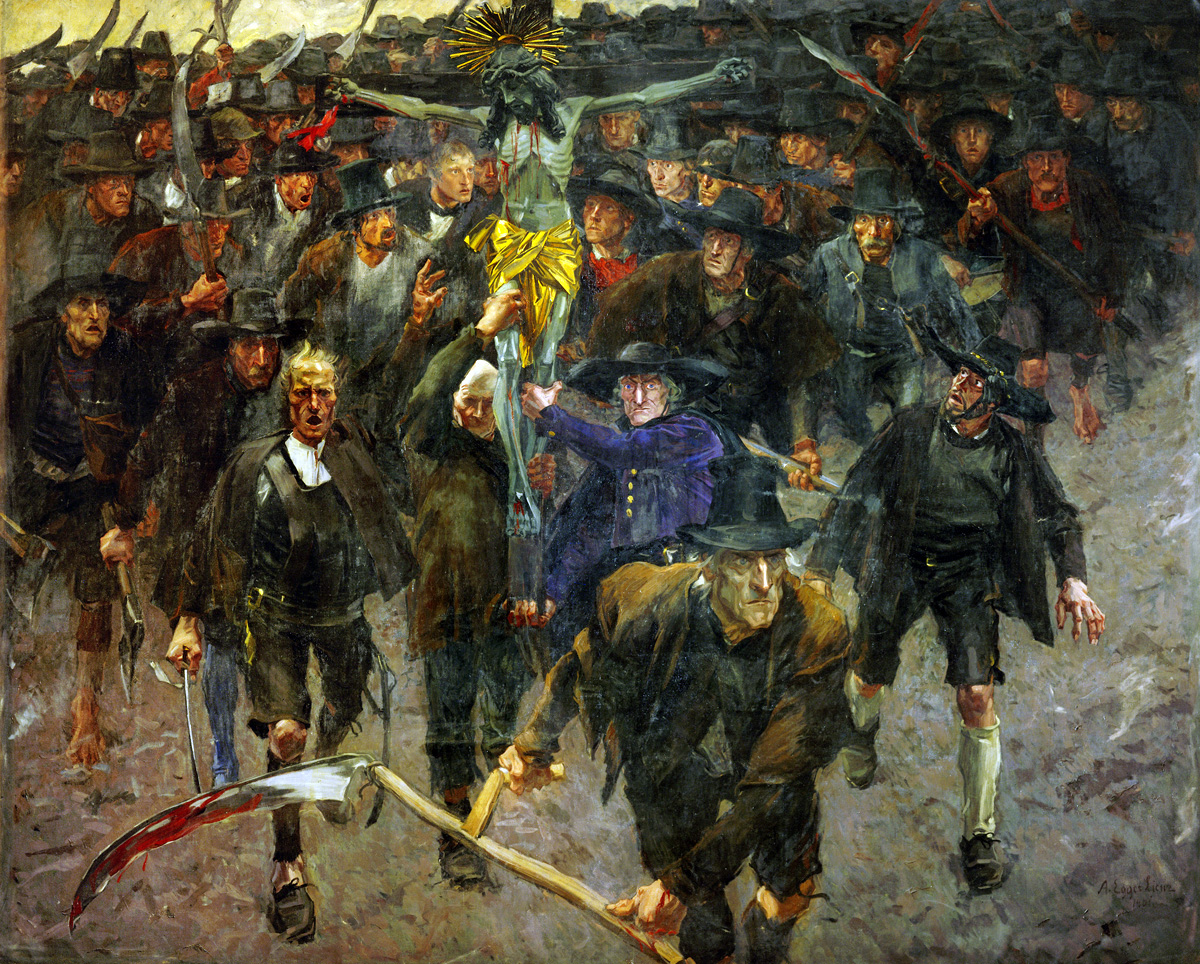
The Cross, by Albin Egger-Lienz, c. 1902. Tyrolean peasants revolting against French and Bavarian occupation of Tyrol in 1809. Burg Bruck, Lienz, Austria.
The rebellious war now levied is become more general and is manifestly carried on for the purpose of establishing an independent empire. I need not dwell upon the fatal effects of the success of such a plan. The object is too important, the spirit of the British nation too high, the resources with which God hath blessed her too numerous to give up so many colonies which she has planted with great industry, nursed with great tenderness, encouraged with many commercial advantages, and protected and defended at much expense of blood and treasure.
It is now become the part of wisdom and (in its effects) of clemency, to put a speedy end to these disorders by the most decisive exertions. For this purpose, I have increased my naval establishment and greatly augmented my land forces, but in such a manner as may be the least burdensome to my kingdoms.
When the unhappy and deluded multitude against whom this force will be directed shall become sensible of their error, I shall be ready to receive the misled with tenderness and mercy.
From an address to Parliament. George delivered this speech on October 26; six months prior, American patriots and British soldiers had fought at the Battles of Lexington and Concord. The war lasted eight years, concluding with the Treaty of Paris, which stipulated, among other things, that Britain recognize America’s independence as a nation stretching as far west as the Mississippi River, with the waterway open to use for both countries. George reigned until his death in 1820.
Back to Issue


